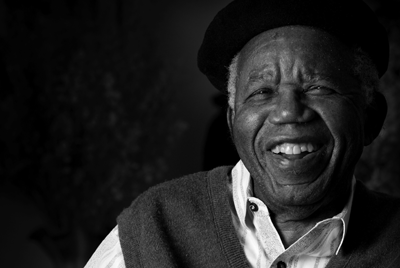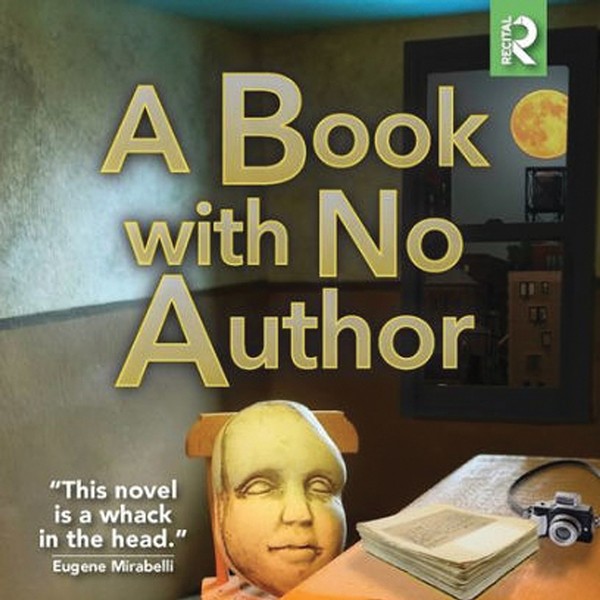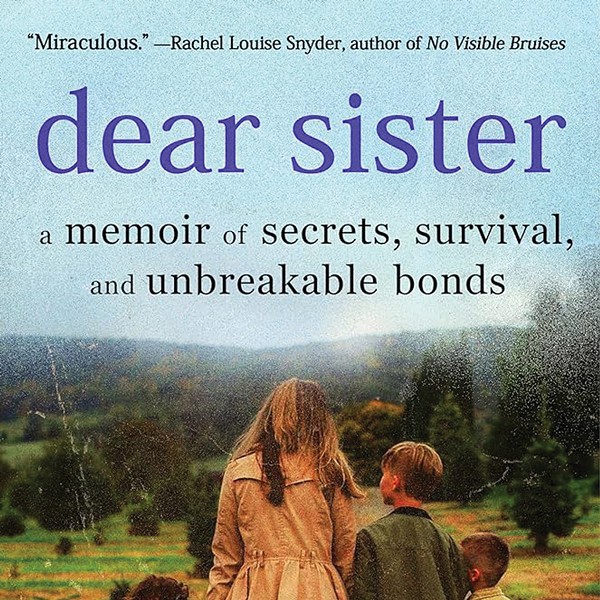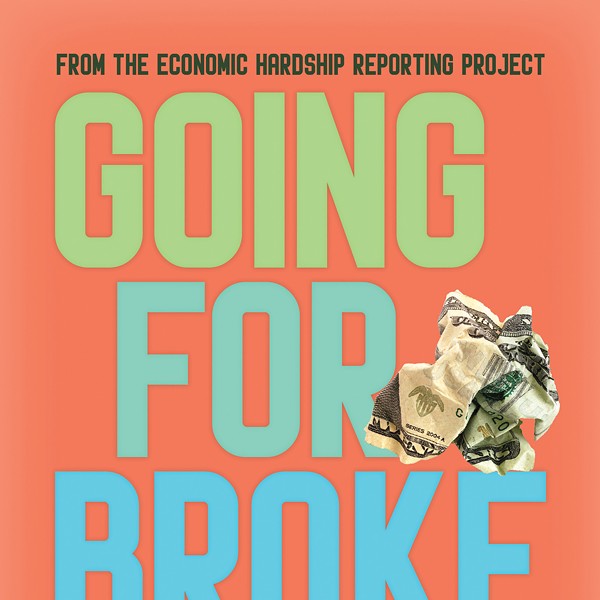Five decades ago, an ambitious young man from a small Nigerian village put the handwritten manuscript of his first novel into a brown paper parcel and shipped it to a typing service in London. Months went by without word; the package, it seemed, had been lost. In desperation, the author begged an English colleague at the Nigerian Broadcasting company to stop by the typing service when she went to London on leave. She found the package languishing on a back shelf and got it contents typed posthaste. The book was called Things Fall Apart.
Since its first publication in 1958, Chinua Achebe’s masterpiece has sold over 12 million copies worldwide; it’s been translated into over 50 languages. Achebe, whose other novels include No Longer at Ease, Arrow of God, A Man of the People, and Anthills of the Savannah, has received over 30 honorary degrees and a cornucopia of literary awards, including the 2007 Man Booker International Prize. He is widely considered, in Lewis Nkosi’s words, “Africa’s greatest indigenous novelist.”
Given this kind of acclaim, it’s startling to visit Achebe’s home on the Bard College campus. The world-renowned novelist lives in a nondescript ranch house on a sleet-streaked back road, so easy to miss that the publicity office offers a driving escort. Achebe answers the door himself. He has used a wheelchair since 1990, when a car accident left him paralyzed from the waist down; his presence imparts it with the majesty of a throne. He moves to the dining room, turns, and says simply, “Here.”
Achebe has a powerful face, with an unswerving gaze and deeply carved lines around a strong mouth. He’s wearing a striped broadcloth shirt, a coffee-toned vest, and dark trousers, with a black beret at a rakish angle that recalls a resistance leader. He speaks with a quiet authority, sometimes so softly one needs to lean forward. His hands are long-fingered and graceful; they dance as he talks, kneading the air. His dignity is palpable, but there’s nothing austere or pompous in him—it’s as easy to picture him grinning at his four grandchildren as mesmerizing an international audience.
The house is decorated in earth tones, with dark leather club chairs and vases of dried flowers. There’s a sideboard covered with family photos, and numerous African carvings and masks collected by Achebe’s wife Christi, a psychology professor at Bard.
For years, the author turned down nearly every request for an interview. Then he changed his mind. “What is this business of writing?” he asks. “Obviously, there is something I want to communicate with people. That’s what the writing is about, to hold conversations with people, with your culture, with yourself.”
Though Achebe doesn’t remember exactly when he last read Things Fall Apart, his respect for his freshman effort remains intact. “I look at it now and again. It is still a marvel, it’s still a surprise,” he says, smiling. “I had no experience of that kind of thing. I had scribbled a few short stories in college.” The stories, like his groundbreaking novel, were written in English.
Achebe explains, “English was the language of education in British colonies, which we were...” He trails off. “The fact that it is a foreigner that arrived in my home and seized power struck me at a certain point. At other times, I’ve taken the view that this is a language with which I had no quarrel. A language doesn’t really fight with you, unless you want it to.” The language of Achebe’s village, Ogidi, was Igbo—one of Nigeria’s three principal tongues—but school was always in English.
Achebe’s father was Ogidi’s first convert to the Church Missionary Society, a devout evangelical Protestant who baptized all six of his children. But young Albert Chinualumogu Achebe was also drawn to his “heathen” uncle’s ancestral traditions. In his autobiographical essay, “Named for Victoria, Queen of England,” Achebe (who dropped the “Albert” in college) writes that he was born “at a crossroads of cultures.” His family “sang hymns and read the Bible night and day,” while his uncle’s family “blinded by heathenism, offered food to idols. That is how it was supposed to be anyway. But I knew without knowing why that was too simple a way to describe what was going on. Those idols and that food had a strange pull on me in spite of my being such a thorough little Christian.”

















